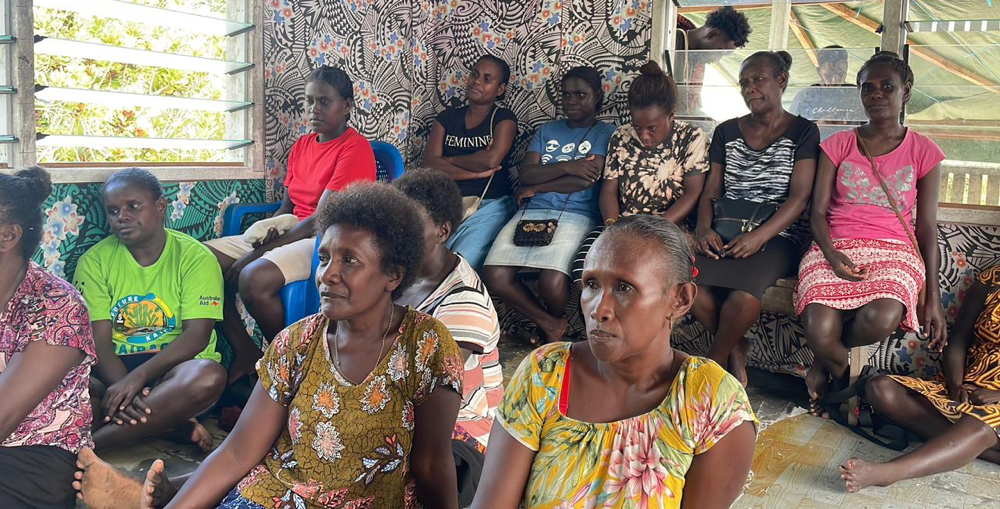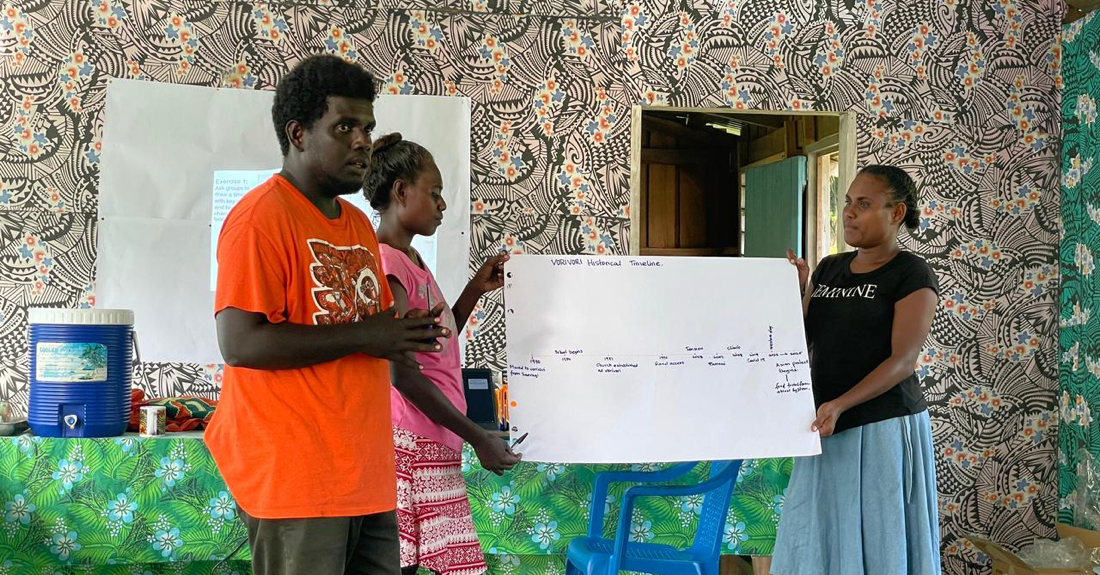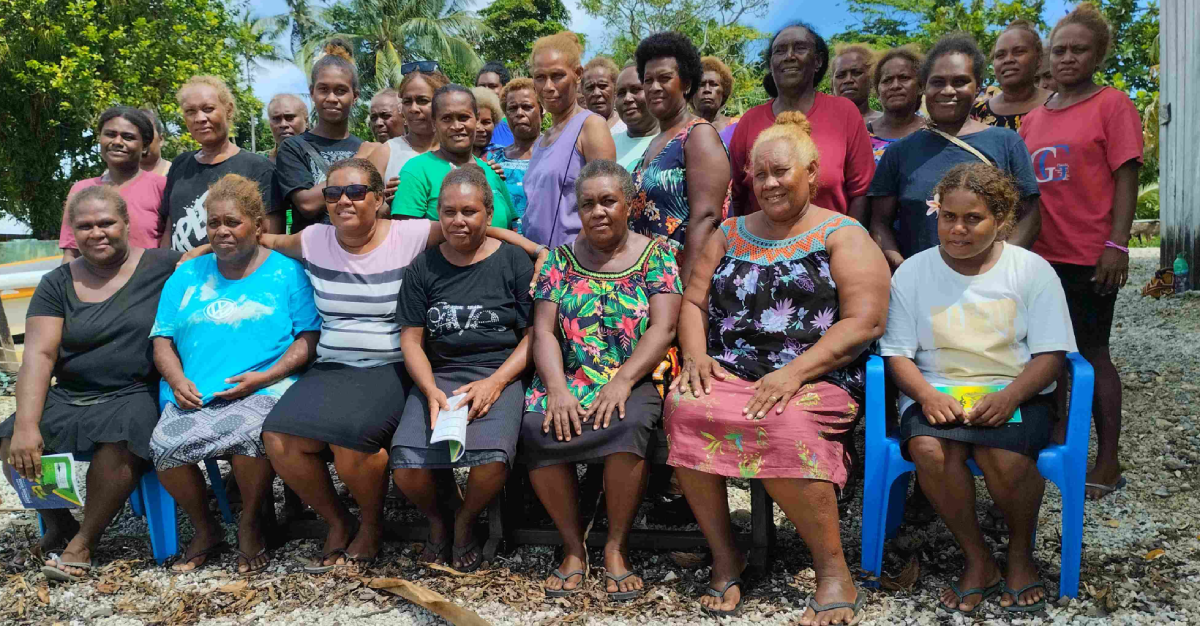A new Training of Trainers (TOT) program was held in Saeragi, West Gizo last week aimed at building climate-resilient food systems through community-based knowledge sharing.
The training was part of a regional effort led by WWF Solomon Islands.
The program, supported under the Australian Centre for International Agricultural Research (ACIAR) Project, trained community members—known as Knowledge Progress (KP) to become trainers and facilitators of a new planning tool designed to help Pacific communities adapt to the impacts of climate change.
The training was held over three days.
World Wildlife Fund (WWF) Solomon Islands Programme Coordinator under ACIAR Project Under Australian Government Sled Ririmae told the Solomon Star in an interview, the training is part of a wider research initiative led by Cawthron Institute in New Zealand, and the University of Technology in Sydney, Australia.
“This training is part of a multi-level strategy. We started with WWF’s own knowledge brokers, then moved on to training community-level TOT trainers.
“Now, with Saeragi, we’re piloting the third level—training national-level trainers who will later work with the Ministry of Agriculture and Livestock,” Mr. Ririmae explained.
The training is being piloted in just two Pacific locations in Kiribati and Saeragi, Gizo.
Saeragi is now a model site for community-led adaptation and planning.
Mr. Ririmae outlined the three core objectives of the TOT initiative:
– To transition coastal food systems toward a climate-resilient, prosperous, and sustainable future.
– To bring together all stakeholders in the food system to address climate-related challenges collectively.
– To support communities in developing Community-Led Planning strategies that reflect their long-term vision and goals.
He said the motivation behind the planning tool lies in the need to respond to the growing impact of climate change, particularly on Pacific Island nations like Solomon Islands, which depend heavily on coastal resources.
“The Saeragi community has shown encouraging results. We’re now establishing a dedicated training hub there, a direct outcome of the fruitful workshops facilitated with Knowledge Progress members and stakeholders,” he said.

Amongst the four communities participating—Saeragi, Vorivori, Bibolo, Mile 6 and the Injo Marine Association as whole —the engagement has included key stakeholders from provincial government divisions and national ministries.
Mr. Ririmae added that Saeragi’s role as a pilot site will help demonstrate the effectiveness of the planning tool to other communities in the Western Province and beyond.
“The aim is for Saeragi to become a living testimony. When we introduce this tool to other communities, we will bring them here to learn from the work already happening,” he added.
Meanwhile, construction of the Saeragi Training Hub is currently in its first phase, with more activities and expansions expected in the coming months.
Photos by Solomon Islands Rural Stories
By ULUTAH GINA
Solomon Star, Gizo




